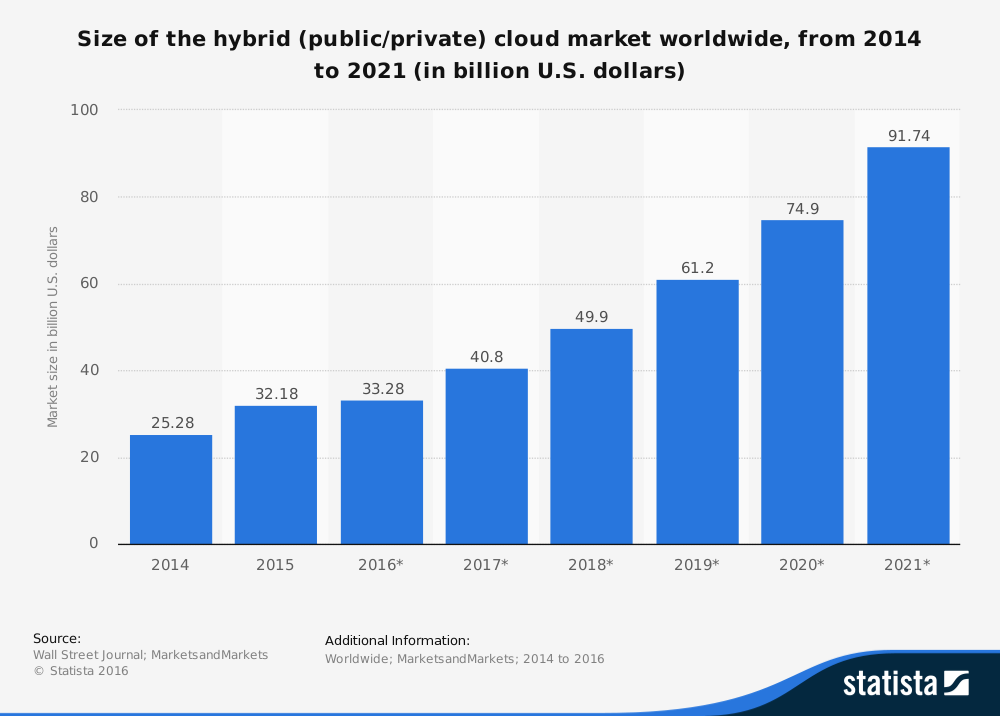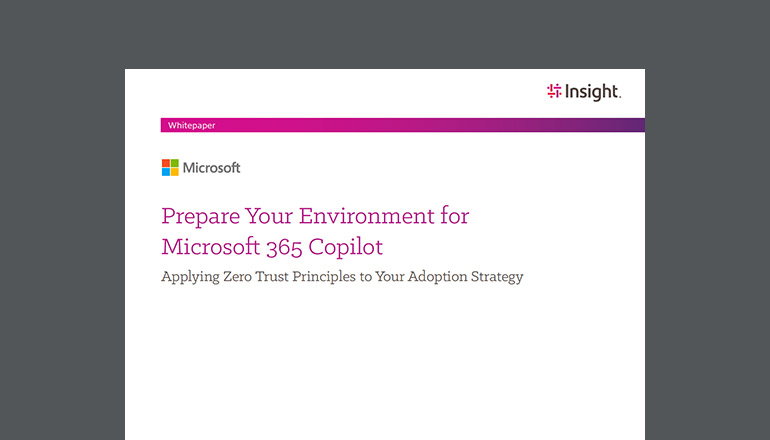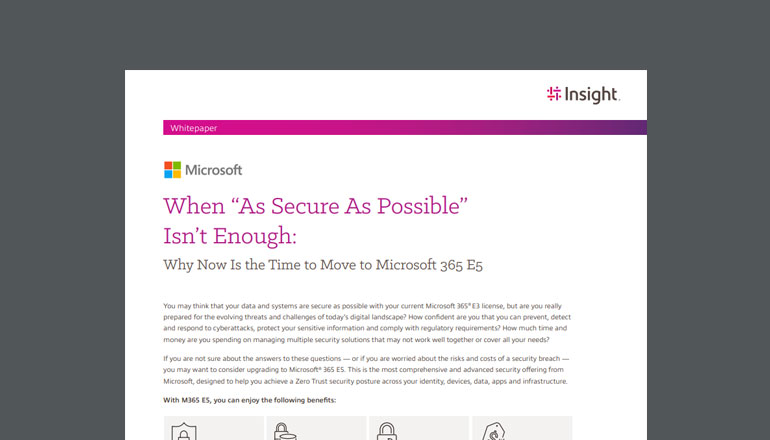Article SQL Server 2016 Features and the Power of the Hybrid Cloud
Workplace developer Steelcase surveyed more than 12,000 office workers across 17 countries to discover the correlation between office space and employee engagement. The research revealed that 88% of highly engaged employees have control over their workplace. BYOD provides some of that control.
The study also unveiled that only 26% of U.S. companies represented provide employees with mobile phones — the lowest number for any country.
A survey by Tenable found that 72% of companies already have a BYOD-friendly policy and allow employees to bring their own devices to work.
Custom applications are the new trend.
A 2016 CITO Research study conducted on behalf of Apperian resulted in significant findings that purport the effectiveness of custom applications for enterprises and their link to improved employee productivity:
- 30% of respondents said apps improve business processes.
- 23% of those polled said apps increase productivity.
- 20% said apps gave them a competitive advantage.
- 14% reported greater satisfaction as employees.
Further workplace mobility statistics derived from the study include:
- 91% of corporate employees are using at least one mobile app.
- 45% of companies employing more than 10,000 people provide apps to at least half of their workforce.
- 58% are enabling mobile access to drive app adoption.
- 35% are promoting business apps internally or in a company app store.
Wearables in the workplace
Along with workplace mobility and the BYOD revolution come wearables.
Compass Intelligence forecasts the enterprise wearables market to grow a whopping 139% between 2015 and 2019. Much of that is driven by the health benefits of wearable devices. But they offer numerous other pluses to businesses as well and, like their BYOD counterparts, can increase productivity.
In fact, according to a TechRepublic article, 49% of respondents to a PwC survey believe wearable technology in the workplace will improve efficiency. Interestingly enough, 37% believe the technology should be adopted, even if there’s no clear-cut increase in efficiency as a result. The majority of those polled (67%) feel the employer should foot the costs of any wearable tech in the workplace. And only 25% are concerned about privacy from using company-owned wearable devices.
Adoption rates for wearables in the workplace are on the rise, too, explains a report Salesforce Research, which found that 86% of companies surveyed expected their wearable technology spending to increase this year.
Market intelligence firm Tractica concurs, forecasting worldwide wearable shipments to reach 430 million units annually by 2022, the majority of which will be smartwatches. Salesforce Research data backs that up, as seen in Figure 2: 49% of wearable adopters forecast that smartwatches will have the greatest impact on the enterprise.
Enterprise Adopters Embrance the Smartwatch
Hybrid cloud adoption is not slowing down. On the contrary, hybrid cloud has gone mainstream.
By Joanna Furlong / 17 Jan 2017 / Topics: Hybrid cloud









